Vitamin Labelling Regulations
NOTE: Some of the information below may be inaccurate as of 01/01/2021 (post Brexit) – and is in review.
Vitamin Labelling Regulations exist to protect consumers from false or unscrupulous marketing. In this day with so many false products being flouted to all and sunder, regulations are more important than ever to protect consumers. The internet is awash with claims about hidden or ancient solutions to all kinds of medical problems. So vitamin labelling regulations form an important part of protecting consumers from being duped and mislead about vitamins and food supplements.
Vitamin Labelling Regulations
Regulations are set by the EU and then enacted at a national level by EU member states. These rules are then overseen by the national competent authority, a body or agency of the government tasked with oversight of the regulation in question. In the case of vitamin labels, this will be enforced locally by the Trading Standards Department of your County Council.
Strictly speaking, a vitamin label is a label attached to a food supplement. Food supplements include:
- Vitamins
- Minerals
- Amino Acids
Some herbal products are classed as food supplements but can also be viewed as medicines.
There are a number of steps you must take before you can sell food supplements before you need to worry about Vitamin Labelling Regulations:
- Firstly, you must register as a Food Business Operator (FBO) with your local authority.
- You should also know you are responsible for ensuring your products are safe.
- You should also, only use reputable suppliers who are registered with their local authority too.
- Be highly aware of the risk of counterfeit goods and products and take steps to minimise the risk of using counterfeit goods.
- Keep records of all transactions and deliveries, invoices and delivery notes
Once these matters are in hand, then you can concern yourself with ensuring your vitamin labels are inline with supplement labelling regulations.
Making Health Claims on your Supplement Labels
You cannot make health claims about any food supplement or mineral other than very specific approved statements for the supplement or nutrients in the supplement. Those claims cannot be made without merit either. The claims you can make are based on your product meeting the qualifying standards for the claim you are trying to make.
These regulations came about as a result of some fanciful claims being made to encourage sales. The claims prompting the change in the rules we too extraneous to be true to the extent that the EU took action to reduce deception and protect consumers. The claims are set out in a list that is freely available, although it is quite a minefield.
For example, Manganese can have ONLY the following claims associated with it:
- Manganese contributes to normal energy-yielding metabolism
- Manganese contributes to the maintenance of normal bones
- Manganese contributes to the normal formation of connective tissue
- Manganese contributes to the protection of cells from oxidative stress
These claims must be made verbatim and only when Manganese is found in the food supplement as any of the following compounds:
- Manganese Carbonate
- Manganese Chloride
- Manganese Citrate
- Manganese Gluconate
- Manganese Glycerophosphate
- Manganese Sulphate
To add to these criteria, Manganese must be concentrated to the extent that at least 15% of the NRV is supplied per 100kcal or 100g of the supplement (which would normally be the case in a Manganese food supplement!)
If your nutrient falls outside of these criteria then you cannot make any claim about it in your product or any perceived benefits about the nutrient.
That was an example for Manganese, but there is a very specific list of vitamins and minerals and their prescribed Nurtient Reference Values (NRVs):
Vitamin labelling Regulations List of Vitamins & Minerals
Vitamins
|
Nutrient Reference Value (NRV)%
|
Minerals
|
NRV %
|
| Vitamin A |
800 µg |
Calcium |
800 mg |
| Vitamin D |
5 µg |
Magnesium |
375 mg |
| Vitamin E |
12 mg |
Iron |
14 mg |
| Vitamin K |
75 µg |
Copper |
1 µg |
| Vitamin B1 |
1.1 mg |
Iodine |
150 µg |
| Vitamin B2 |
1.4 mg |
Zinc |
10 mg |
| Niacin |
16 mg |
Manganese |
2 mg |
| Pantothenic acid |
6 mg |
Sodium |
2400 mg |
| Vitamin B6 |
1.4 mg |
Potassium |
2000 mg |
| Folic acid |
200 µg |
Selenium |
55 µg |
| Vitamin B12 |
2.5 µg |
Chromium |
40 µg |
| Biotin |
50 µg |
Molybdenum |
50 µg |
| Vitamin C |
80 mg |
Fluoride |
3.5 mg |
|
|
Chloride |
800 mg |
|
|
Phosphorus |
700 mg |
Vitamin Labelling Regulations Must Haves
As vitamins and supplements are a food for human consumption, the vitamin labels need to follow food labelling regulations coupled with additional regulations. These include:
- Having the term “Food Supplement” indicated clearly on the label along with a statement saying “Not a substitute for a varied and healthy diet”
- Having the ingredients included in the product in weight descending order (commonly known as a quantitative declaration) under the heading “Product Information“
- Active ingredients should be listed first including their scientific name so, for example, Vitamin B1 (Thiamine) or Vitamin B2 (Riboflavin)
- There should be a list of non-active ingredients under “Other Ingredients“
- The non-active ingredients should have their purpose in the product explained (e.g. Rice Flour (Bulking Agent))
- Allergen listings: Within the ingredient list, the allergens should be indicated and differentiated from non-allergenic ingredients. Common methods are listing in UPPERCASE of bold text. This should be complemented with a statement to explain the differentiation such as “Allergens listed in UPPERCASE”.
- The company name and address supplying the product (for traceability purposes)
- Where the product has been manufactured such as “Made in the UK”
- A best before date
- A Percentage Nutrient Reference Value for the active ingredients (see list of Vitamins and Minerals listed above)
- Dosage instructions
- Caution Statements, Advisories and warnings
- Not intended for use by persons under the age of 18 years (if it is not a specific children’s product)
- Do not exceed the stated dose
- If under medical supervision, consult a doctor before use
- Store in a cool dark place away from moisture and direct sunlight
- Keep out of reach of children
- Finally, you need all of the labelling to be legible. The Food Information to Consumers Regulations make this clear. As a general rule a point size for all your text should be no smaller than 7 points (but this varies by font).
To find out more about how we can supply vitamin labels for your business, call us on 01332 864895 or click the call back request, or fill in the form below and we will be in touch.
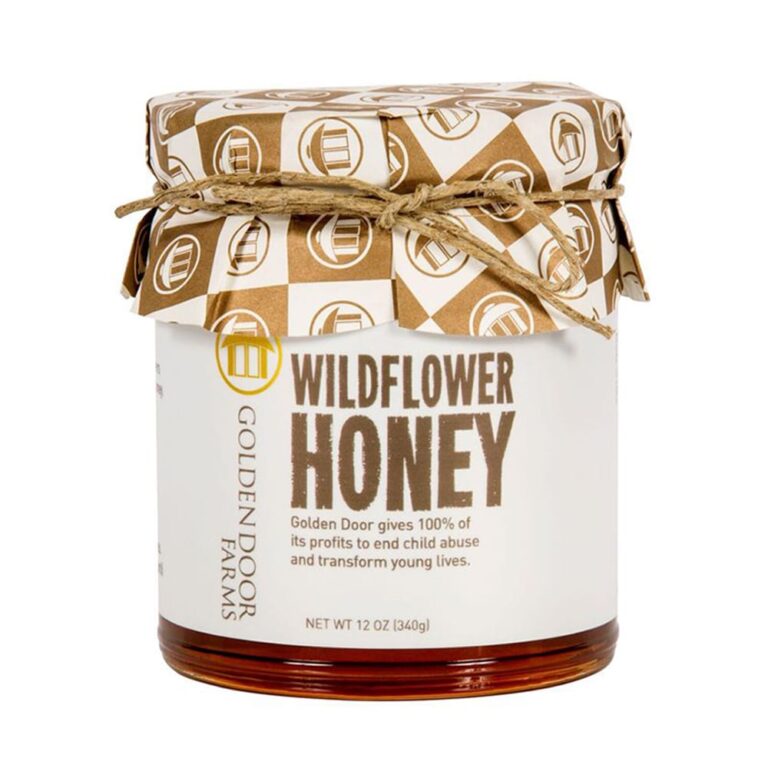
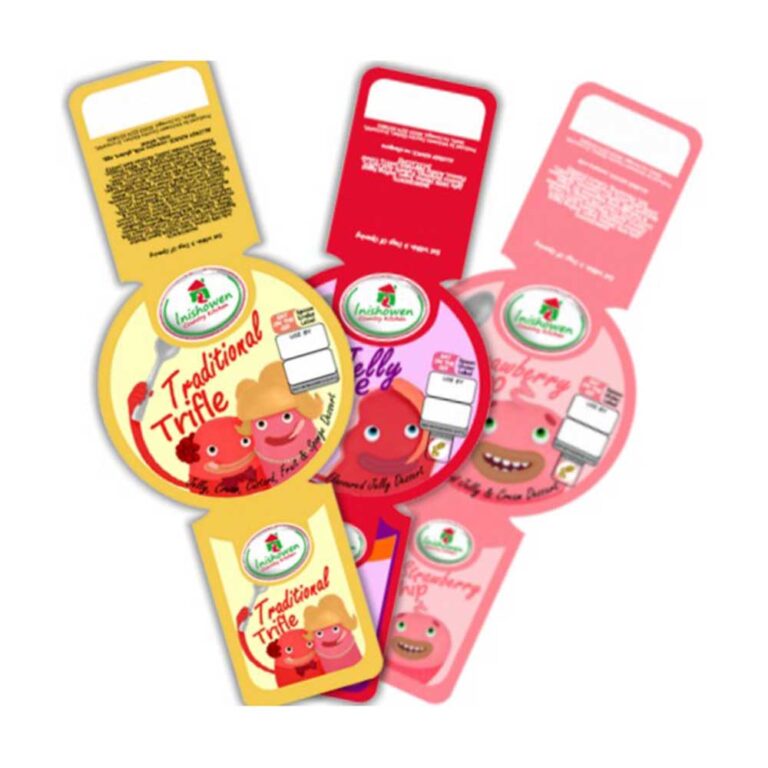


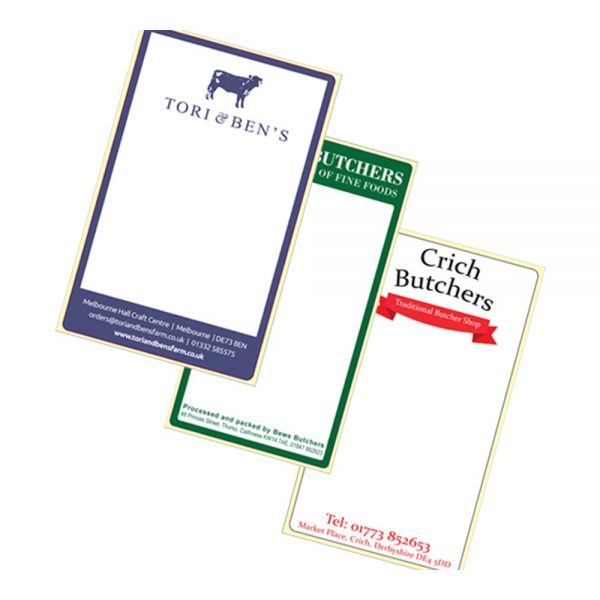


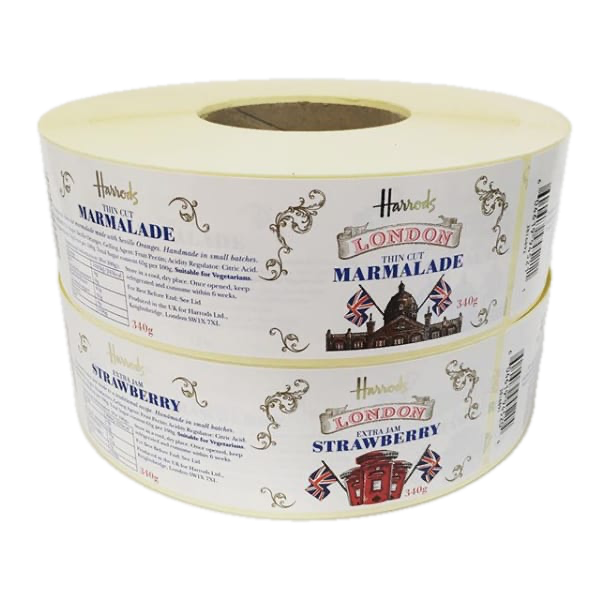

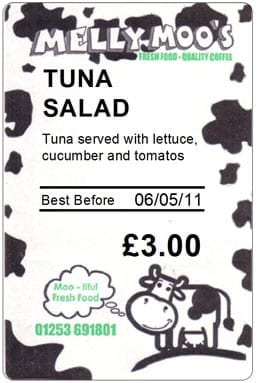
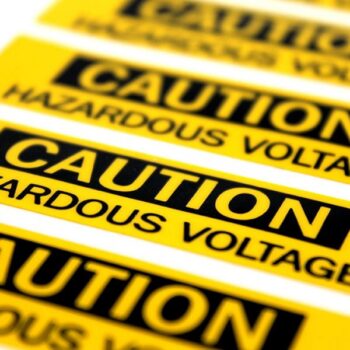
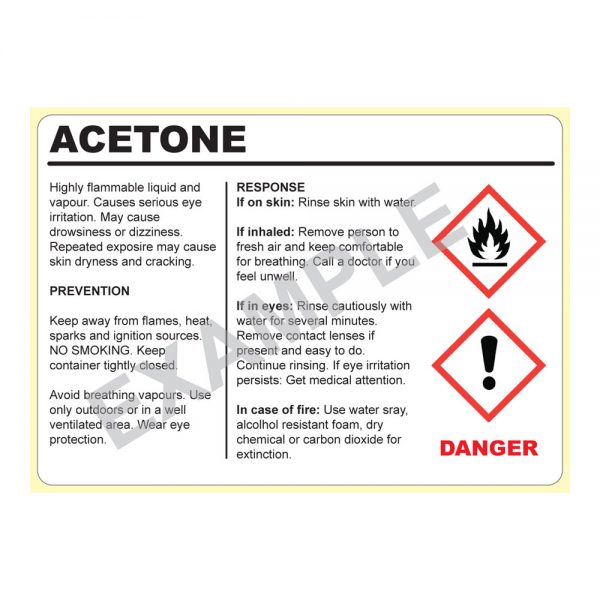
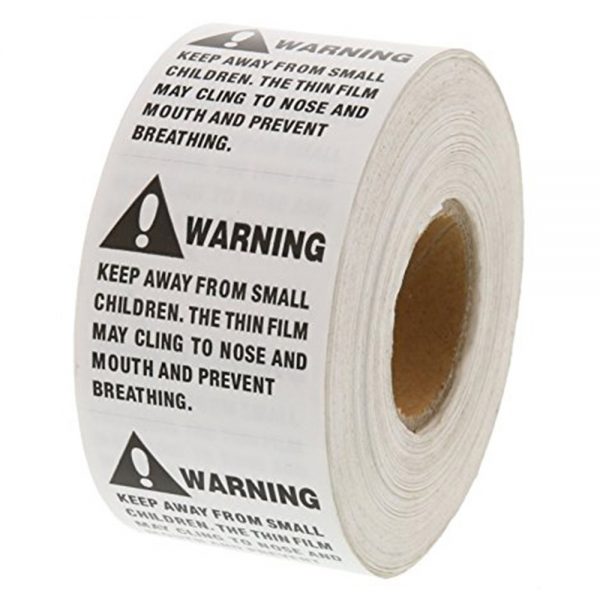
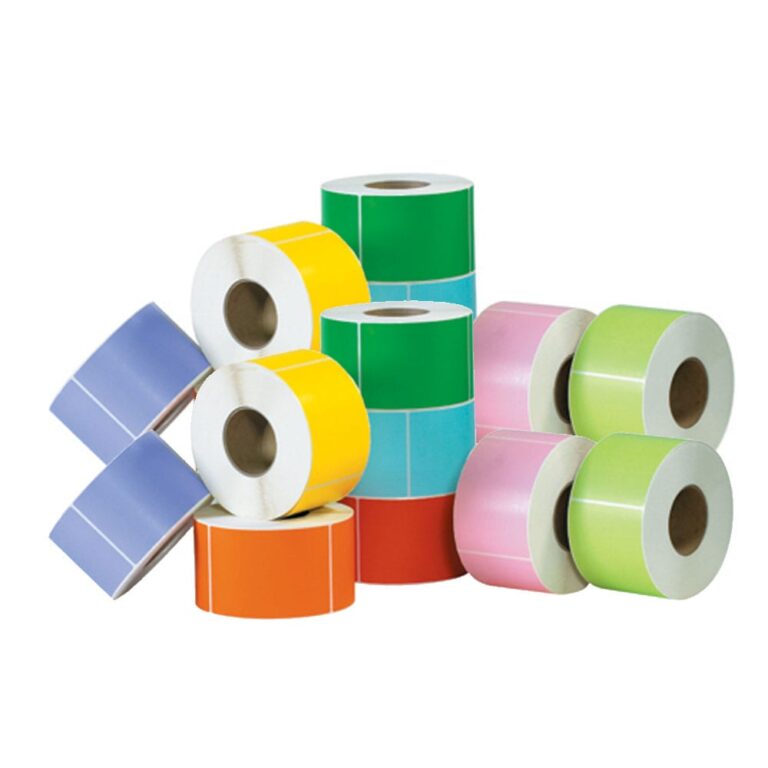
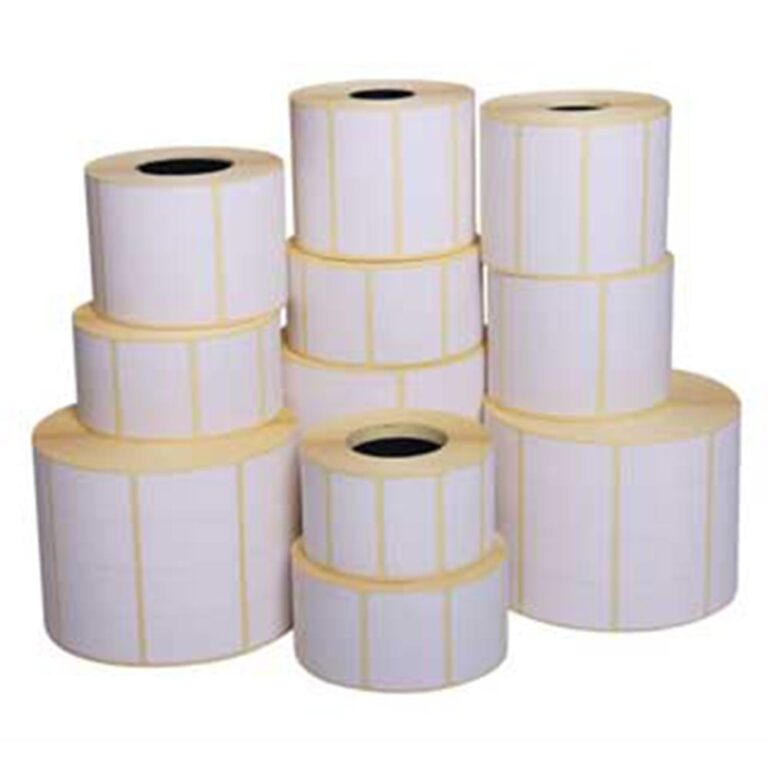
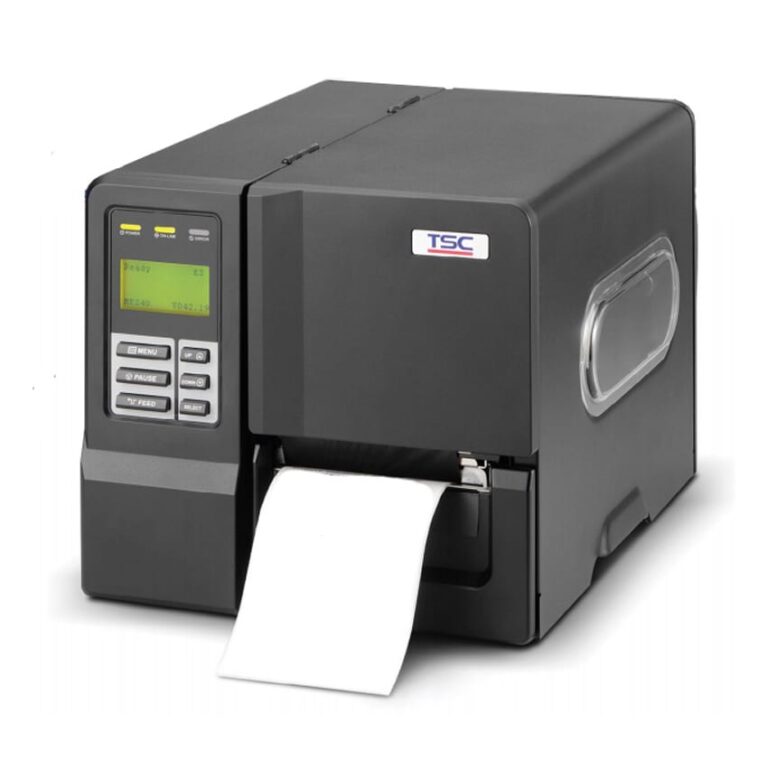
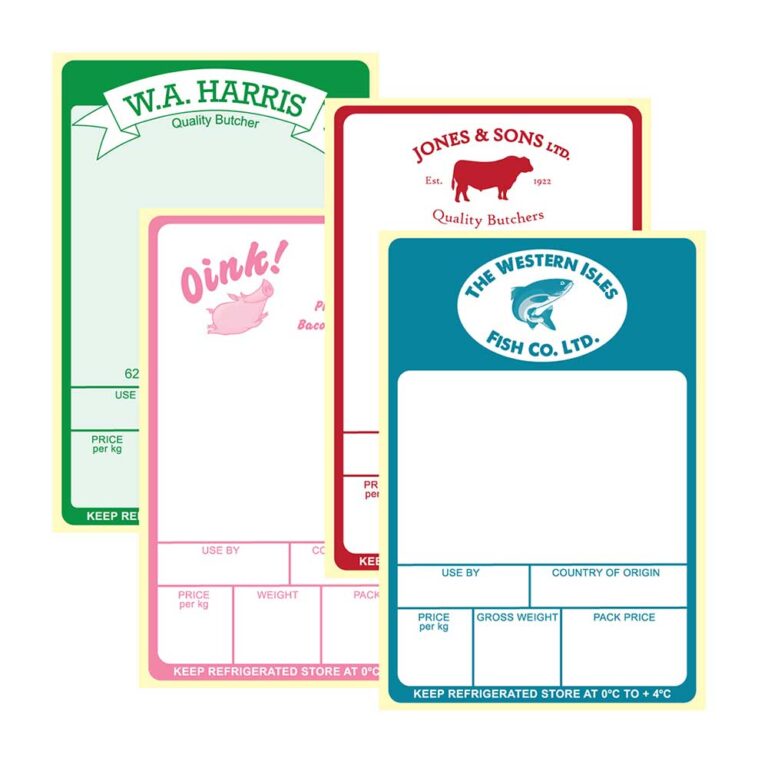
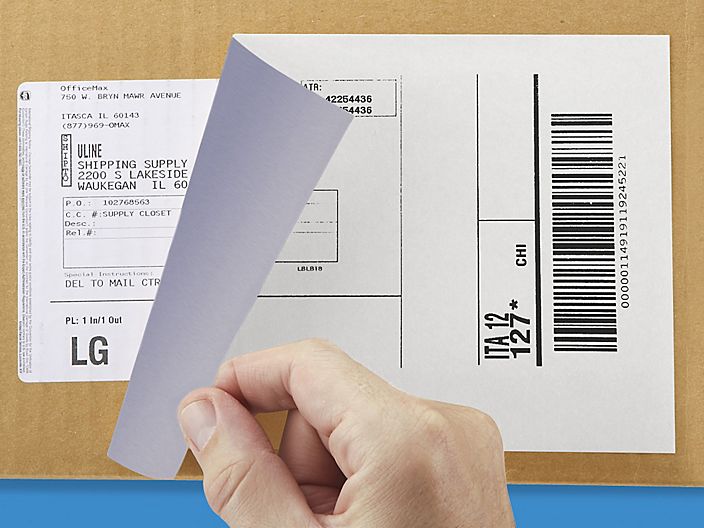
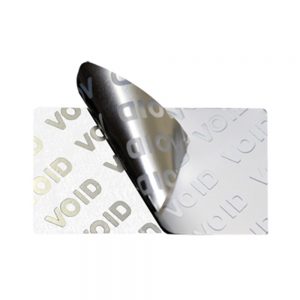
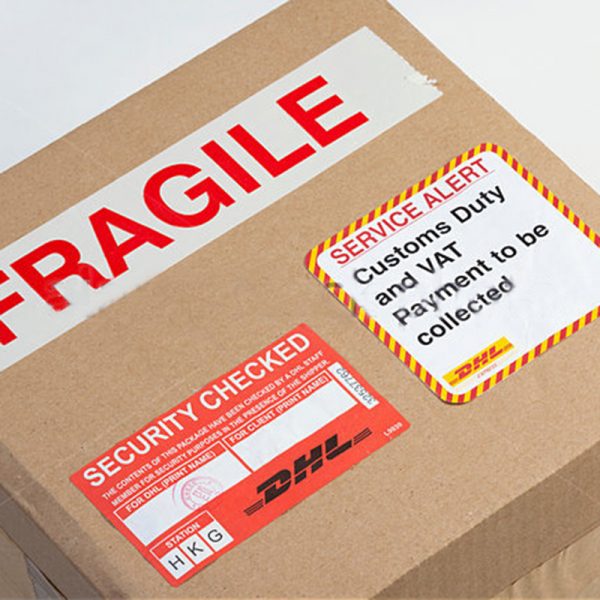



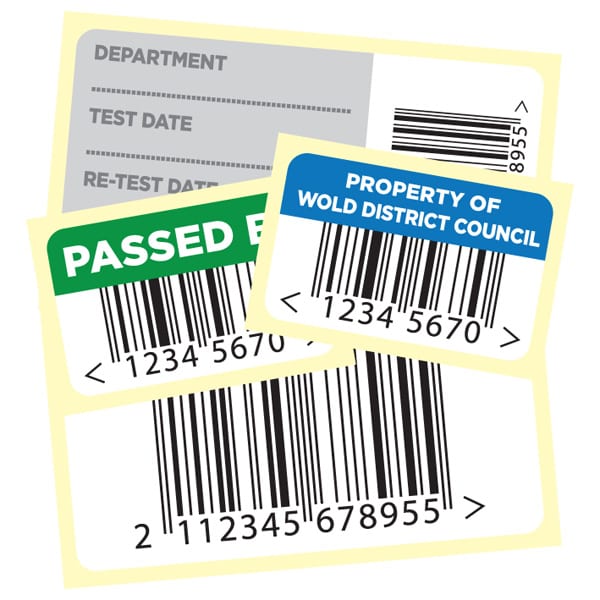
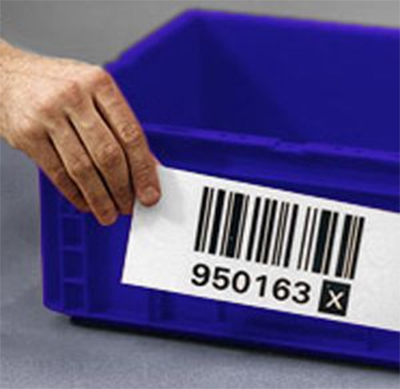
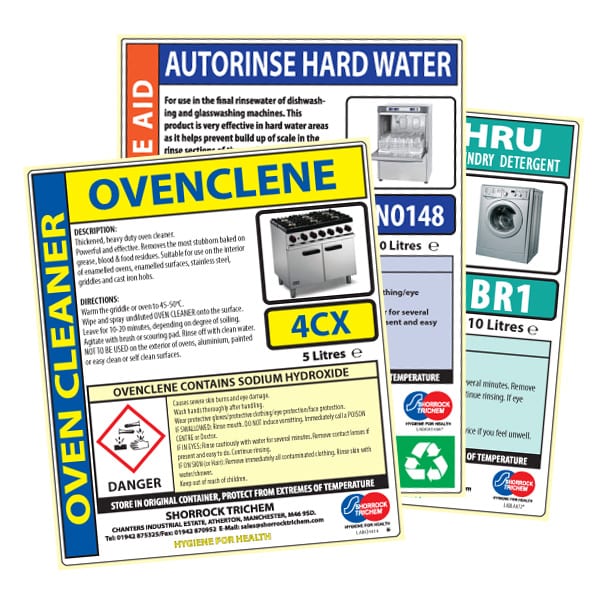
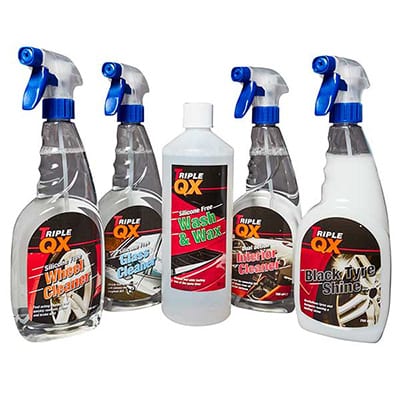

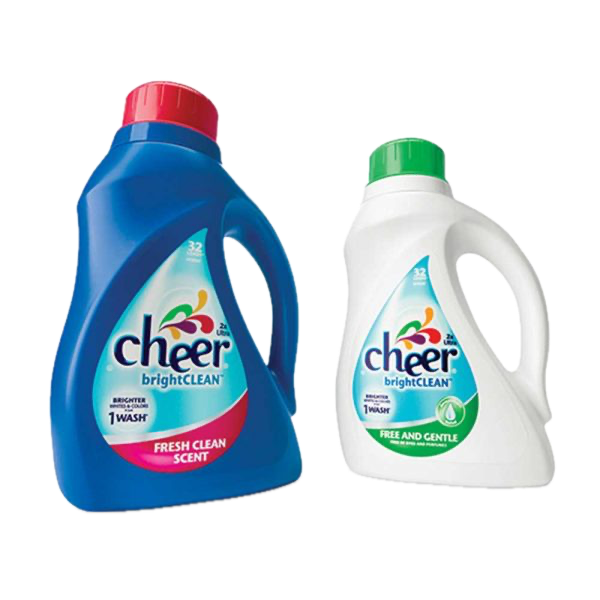







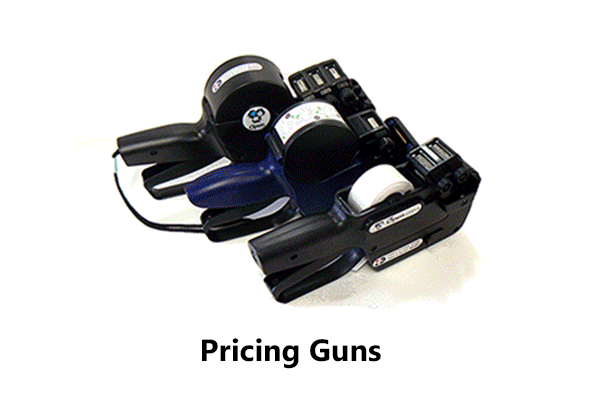
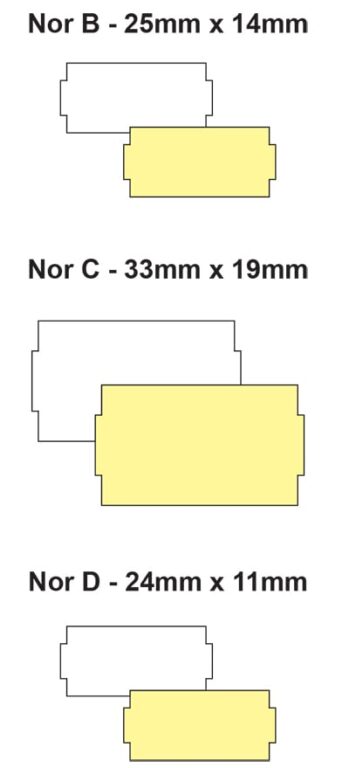






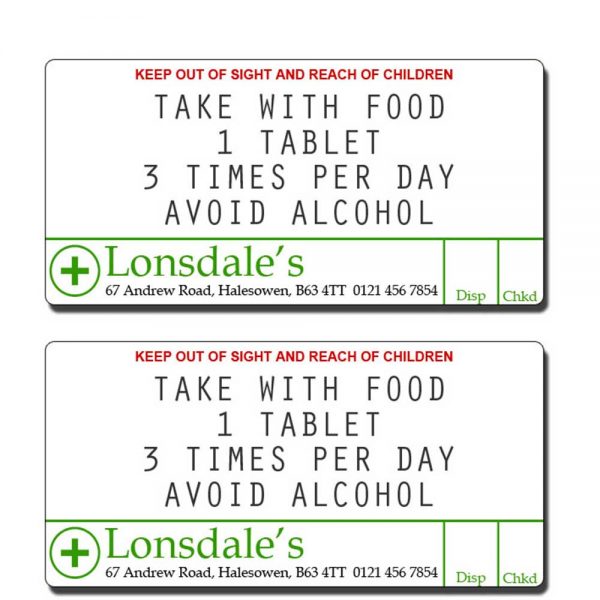
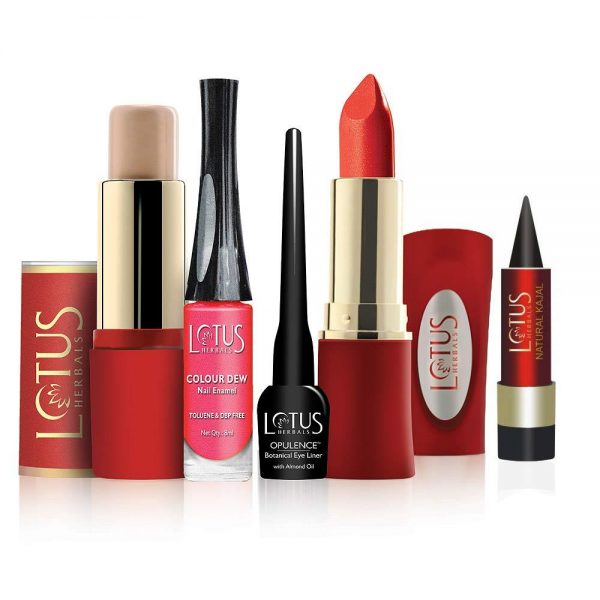






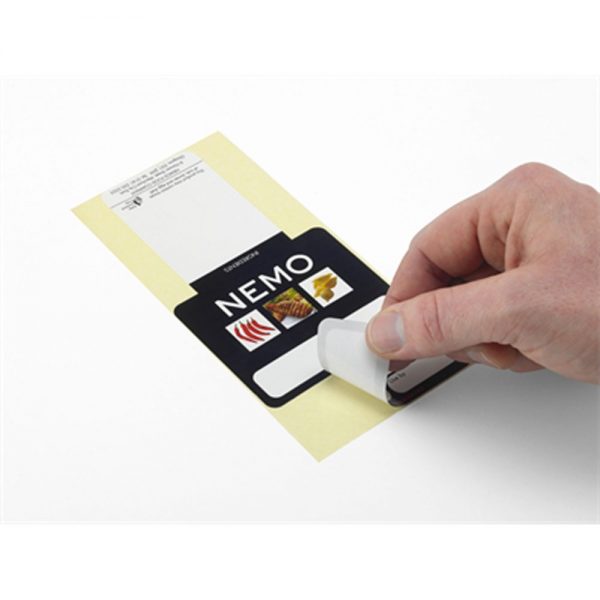
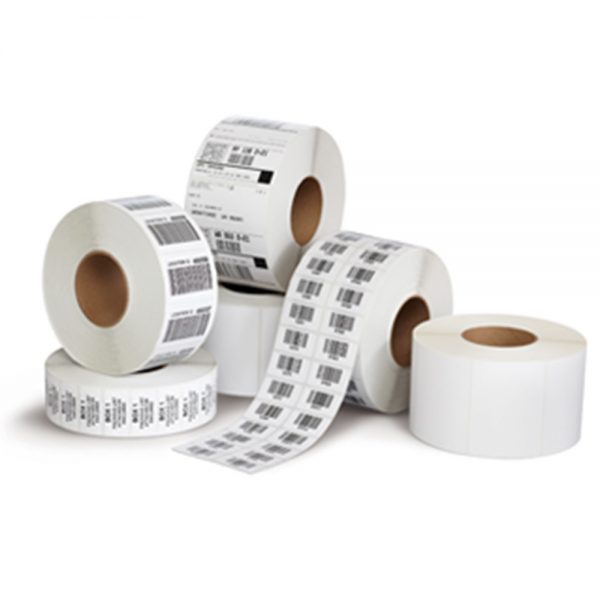
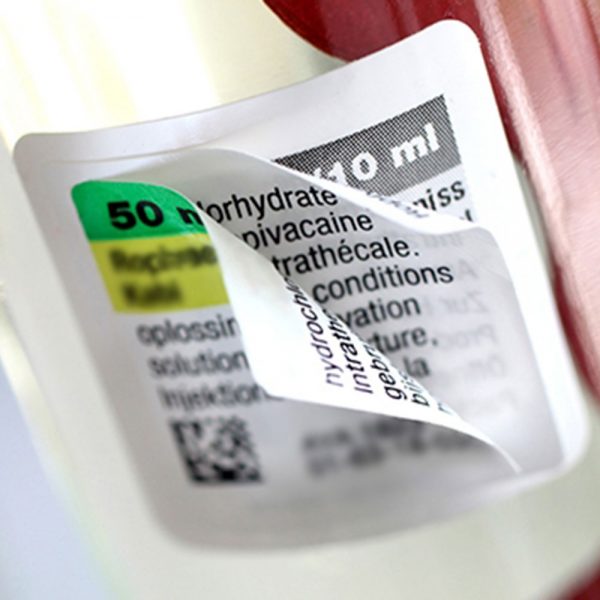

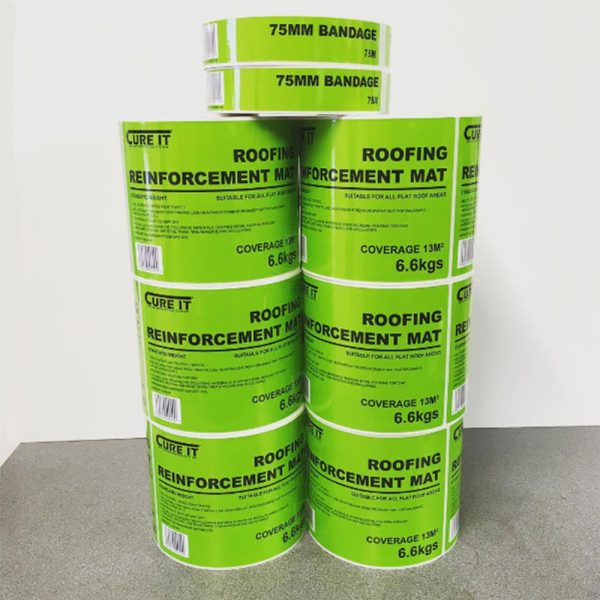
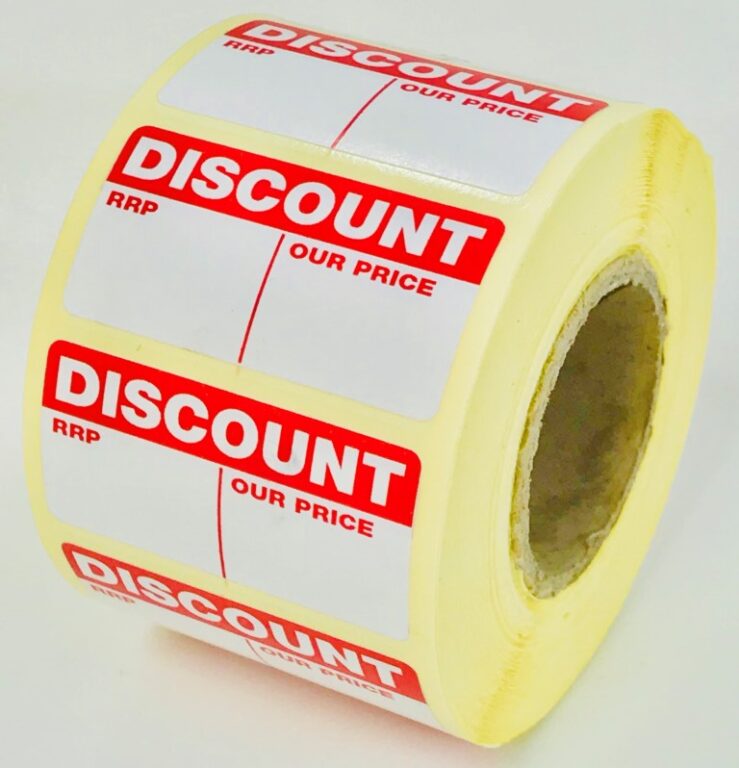
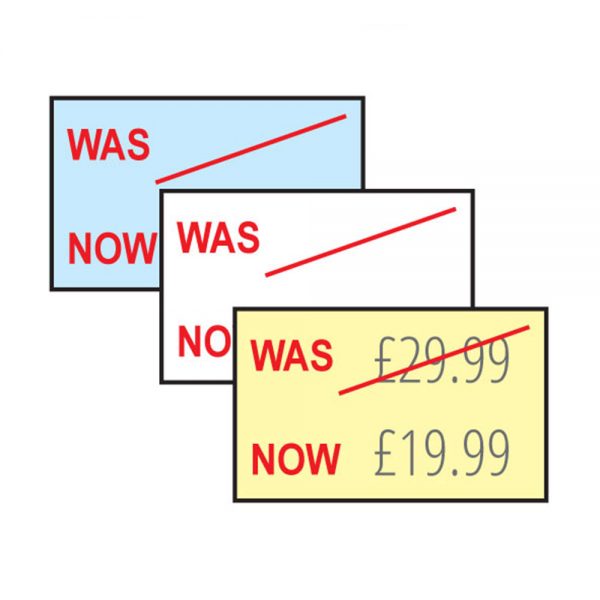
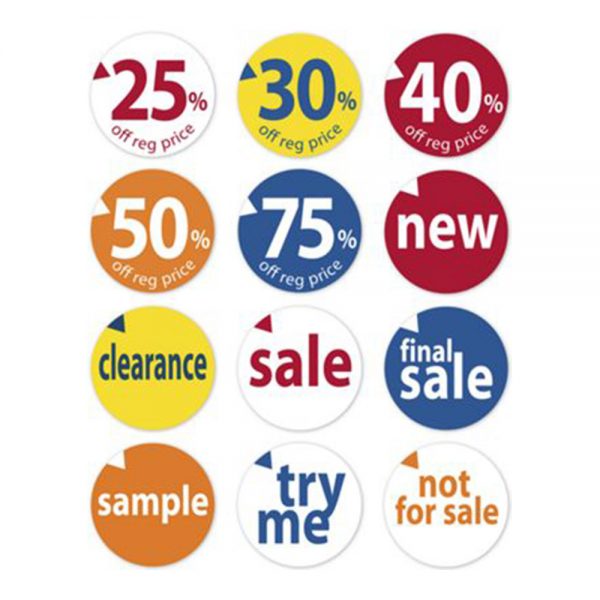
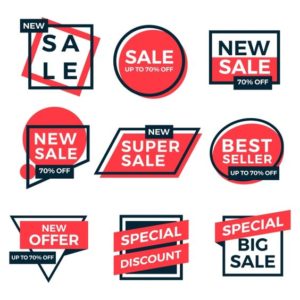
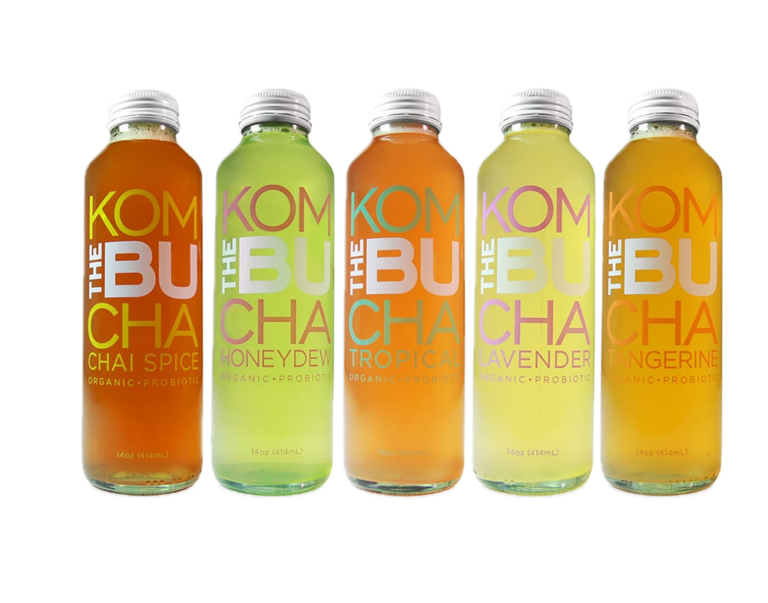
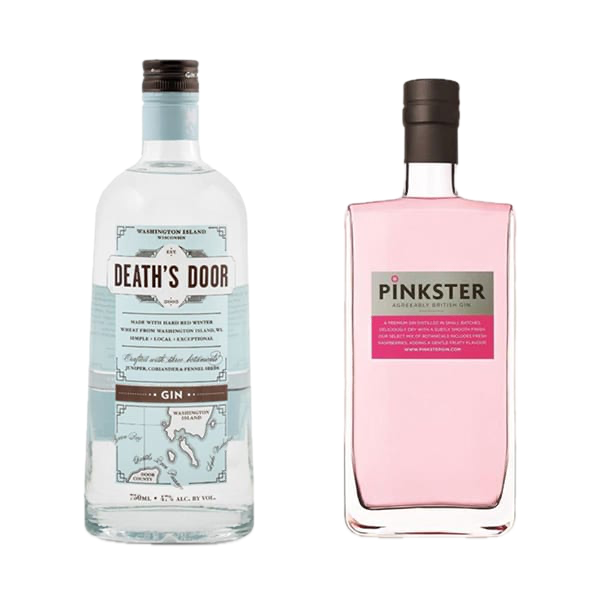
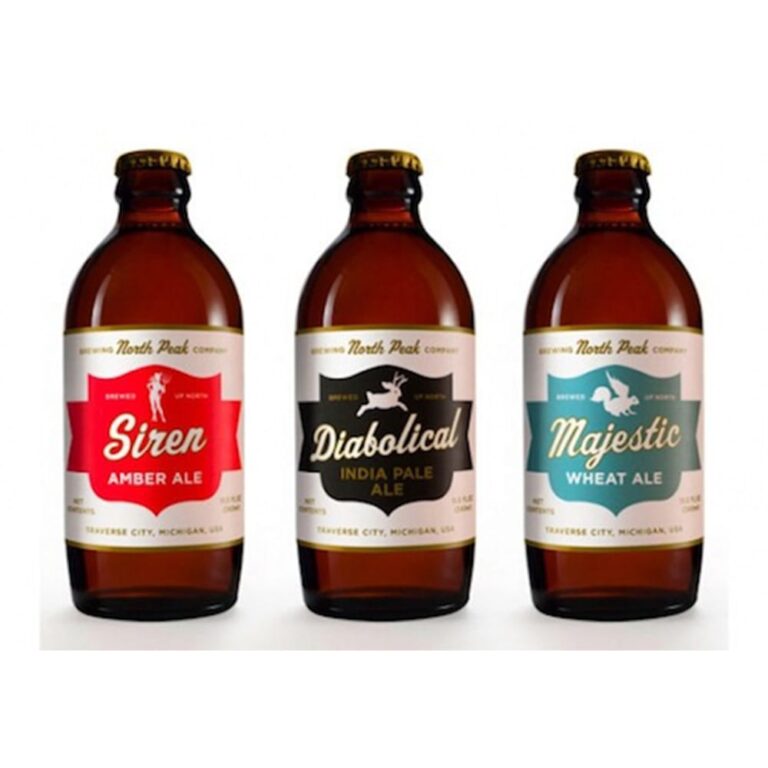
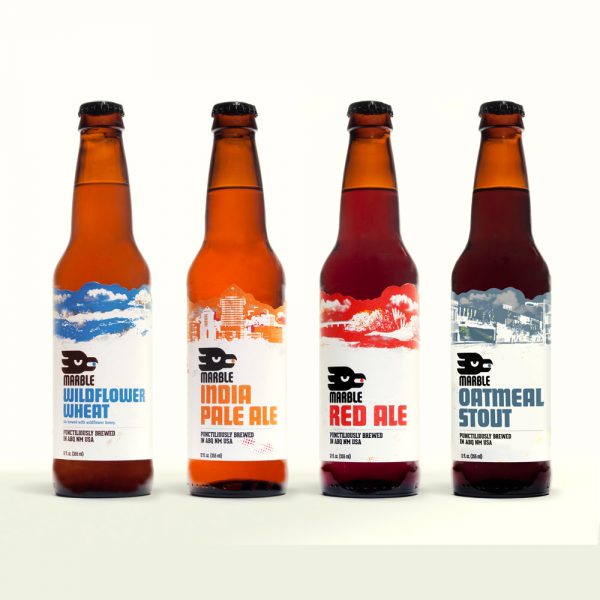

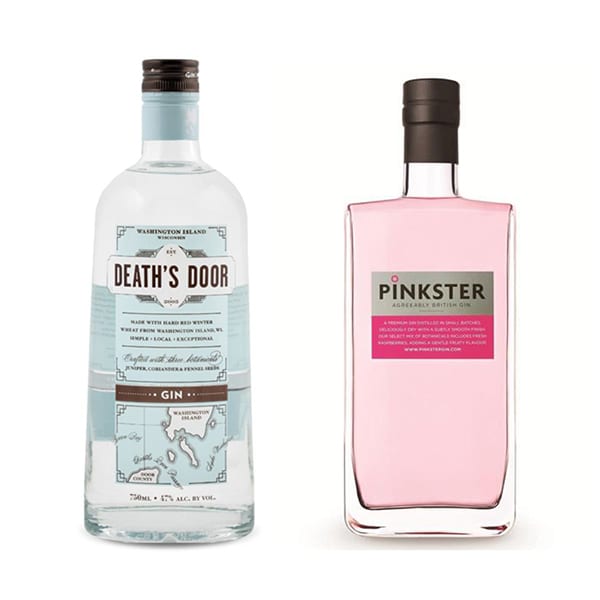



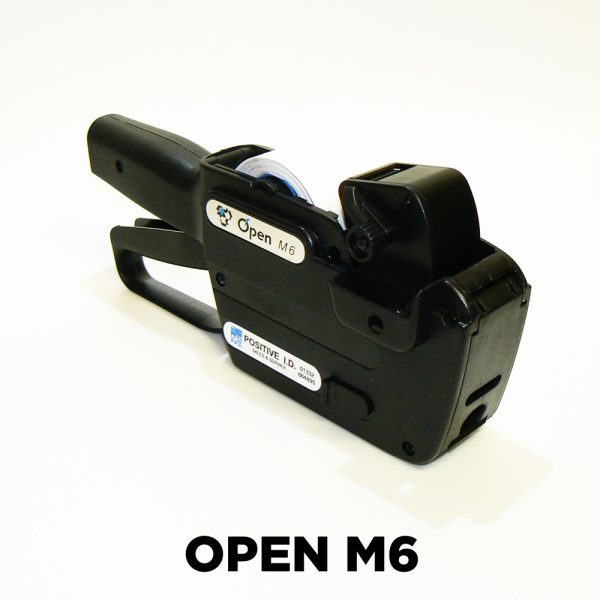

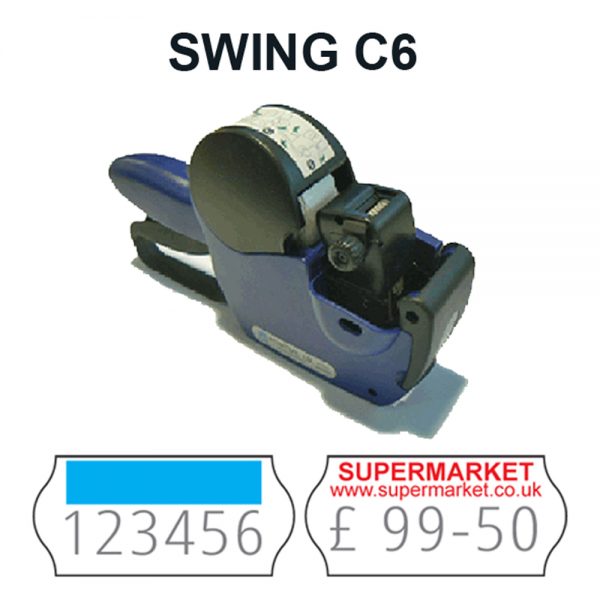
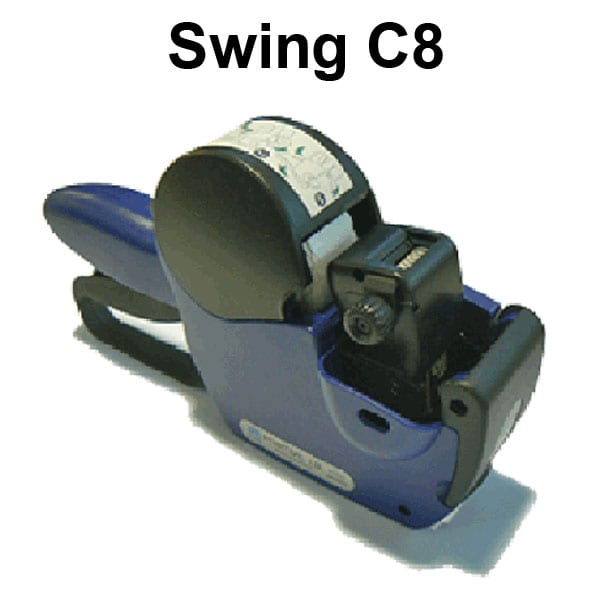
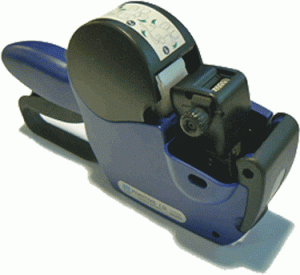
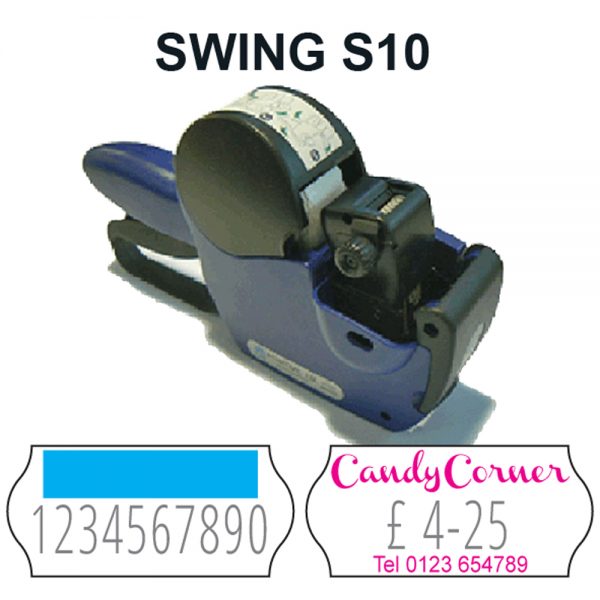
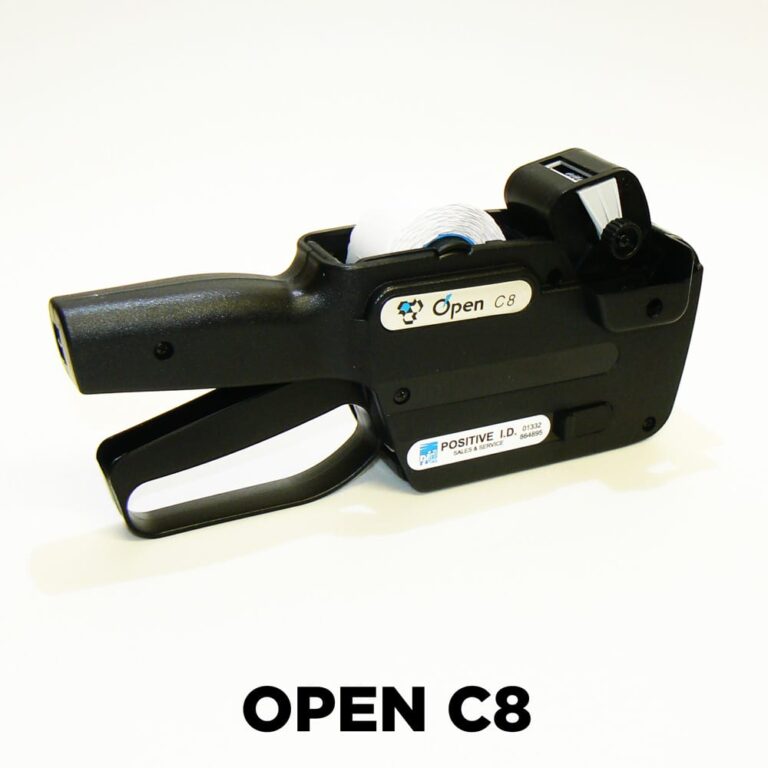

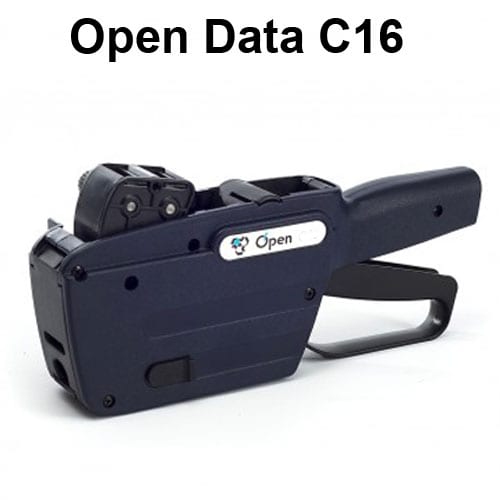
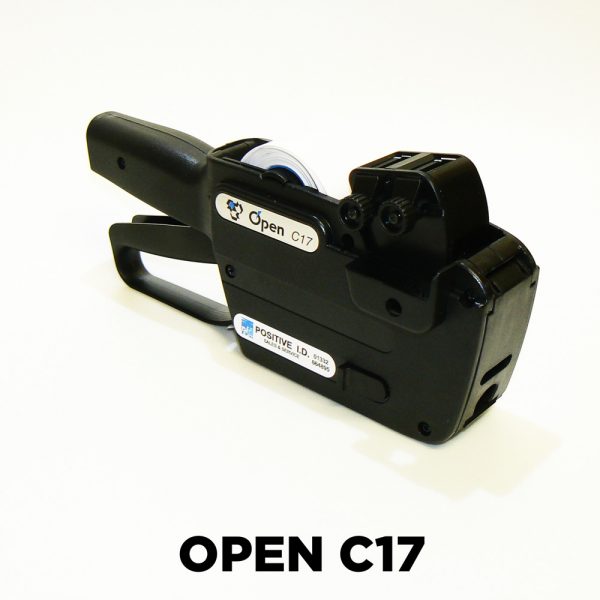
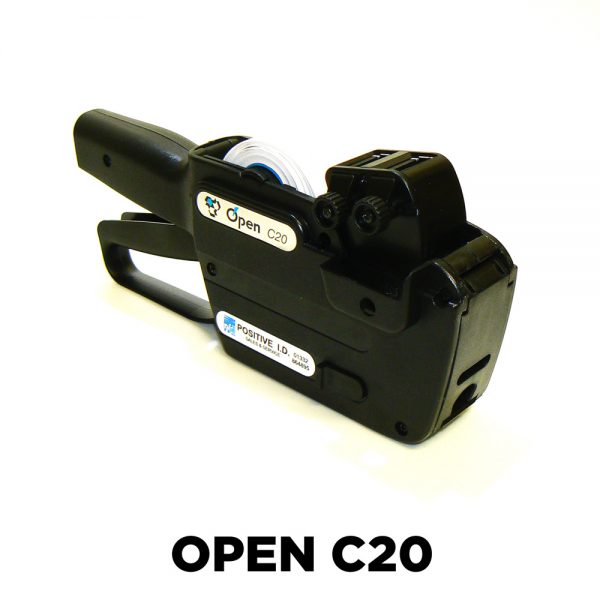
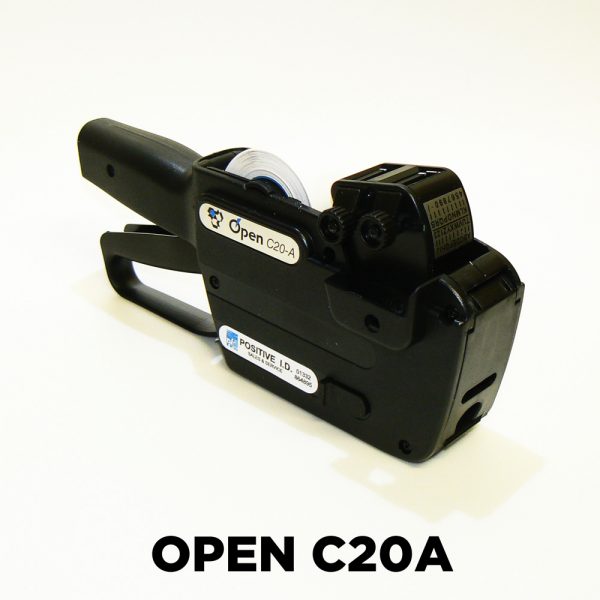
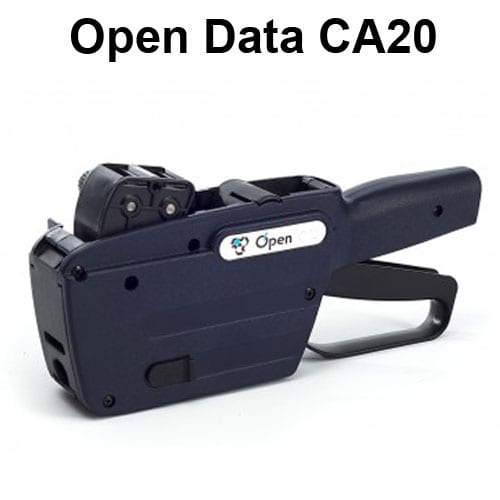
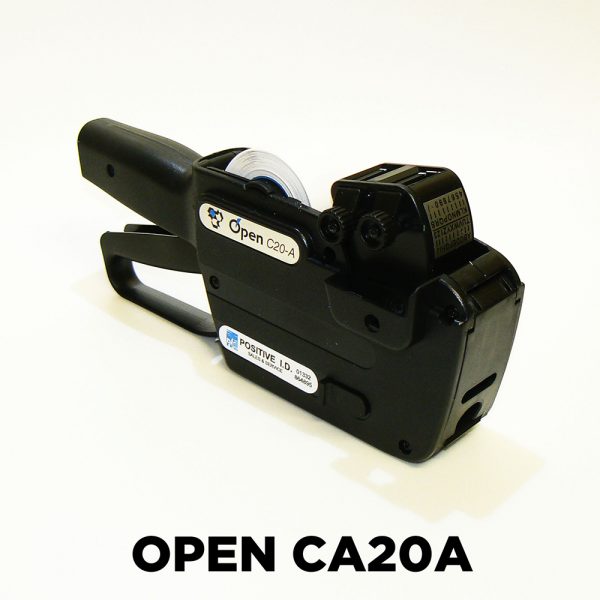
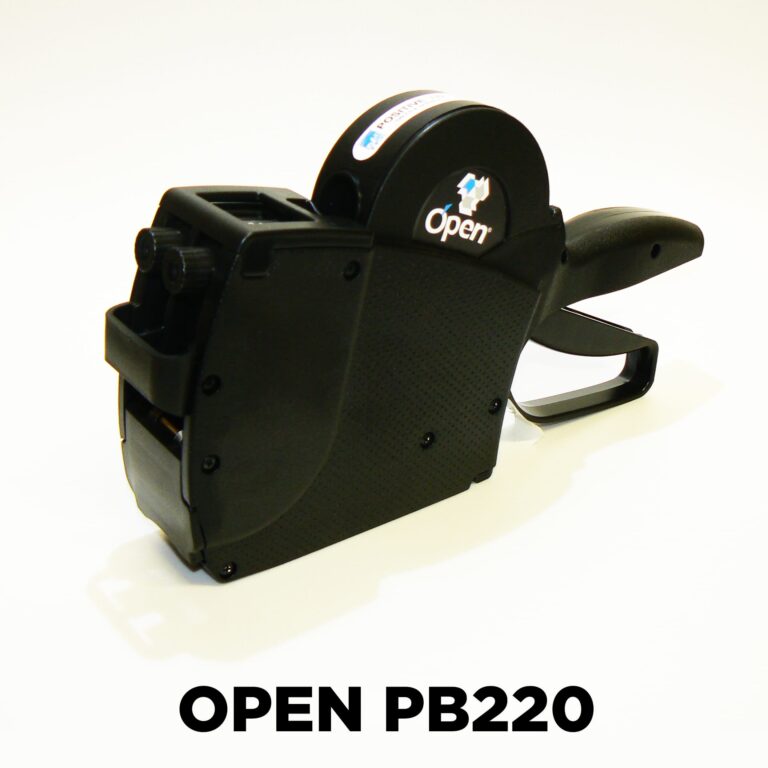
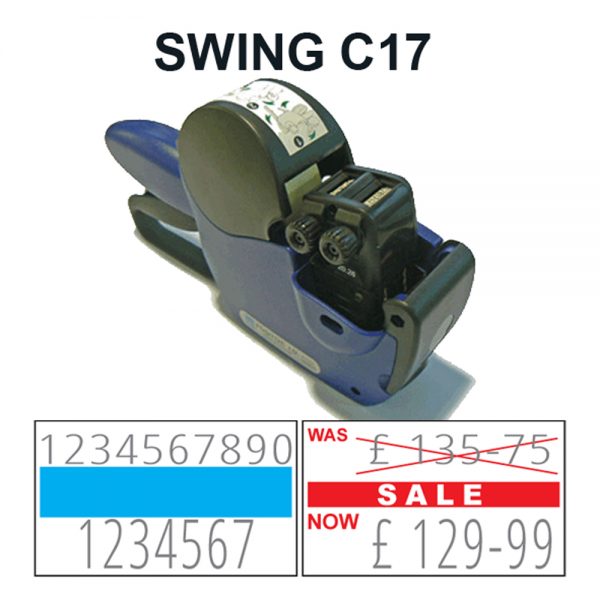
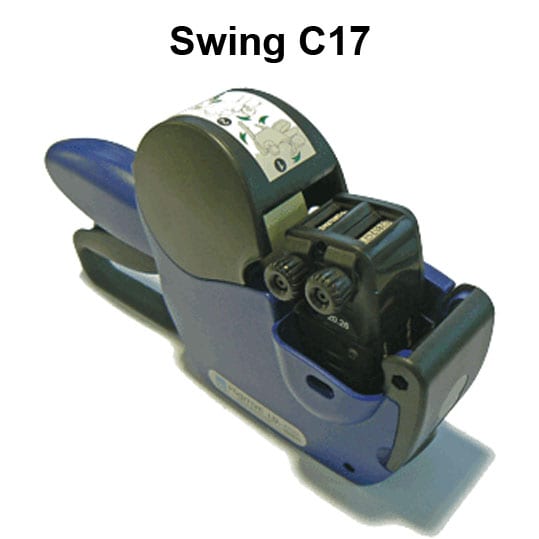
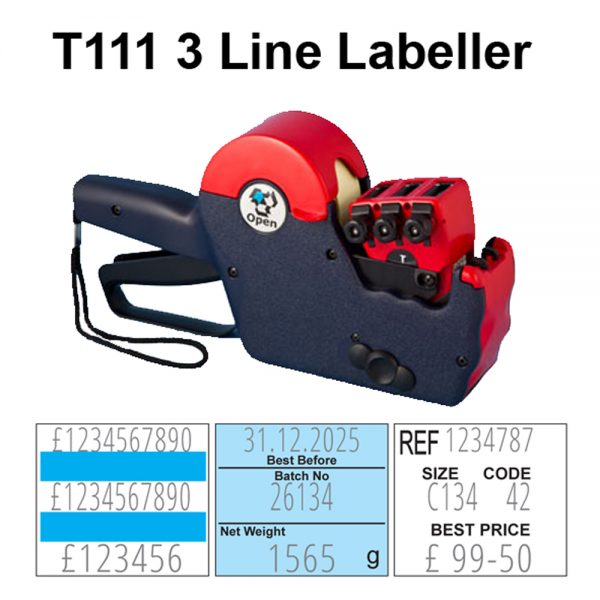
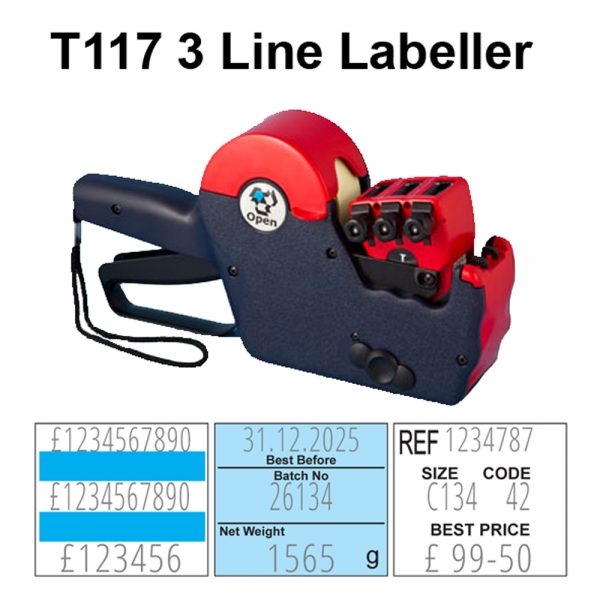
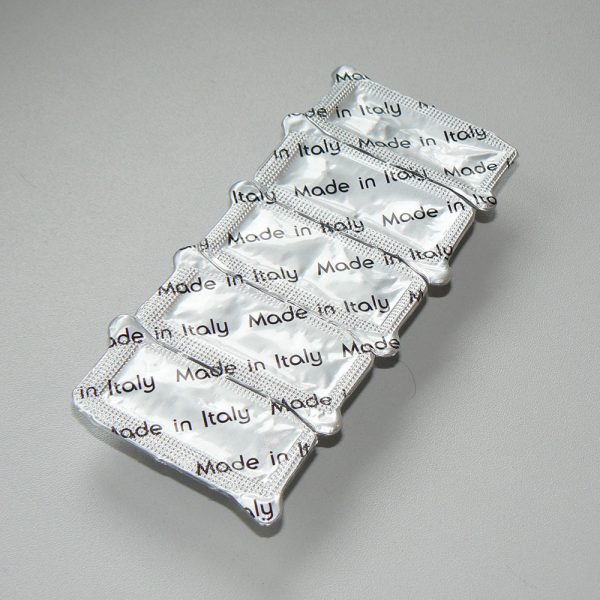
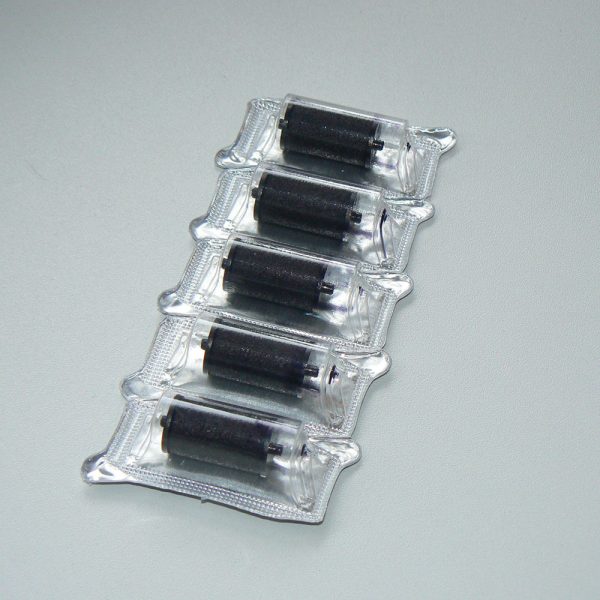
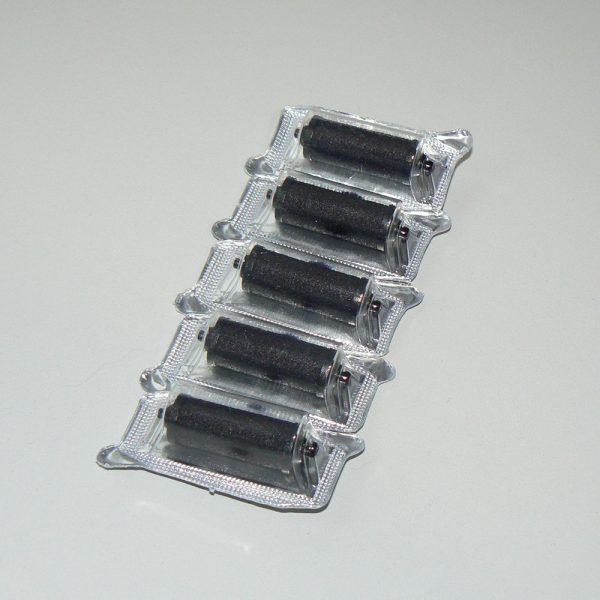
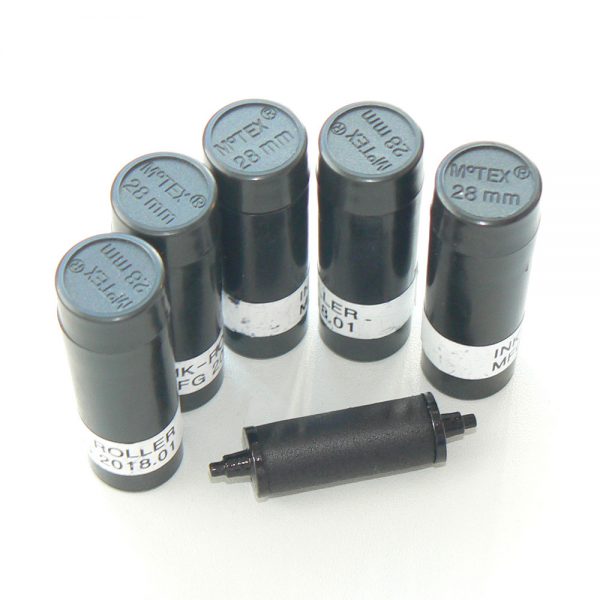
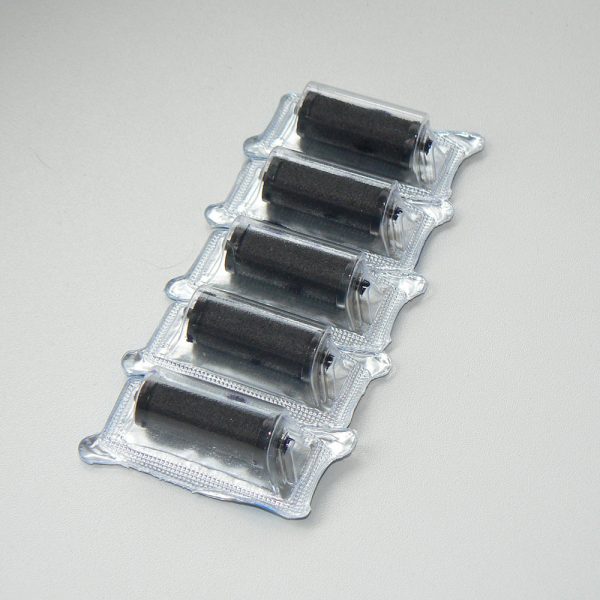
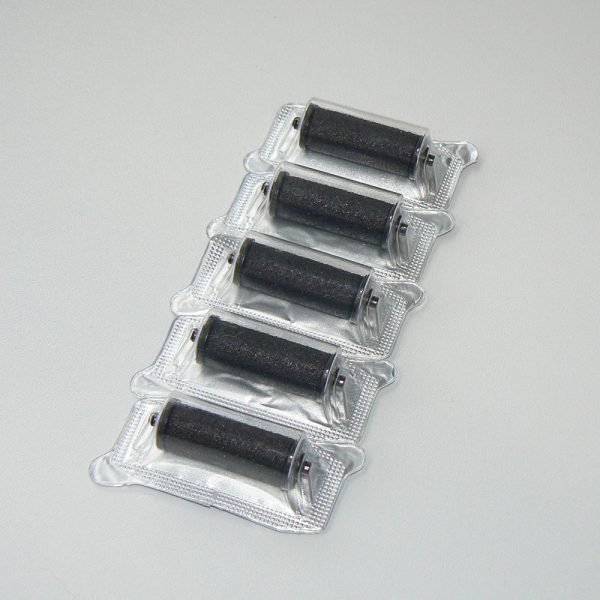
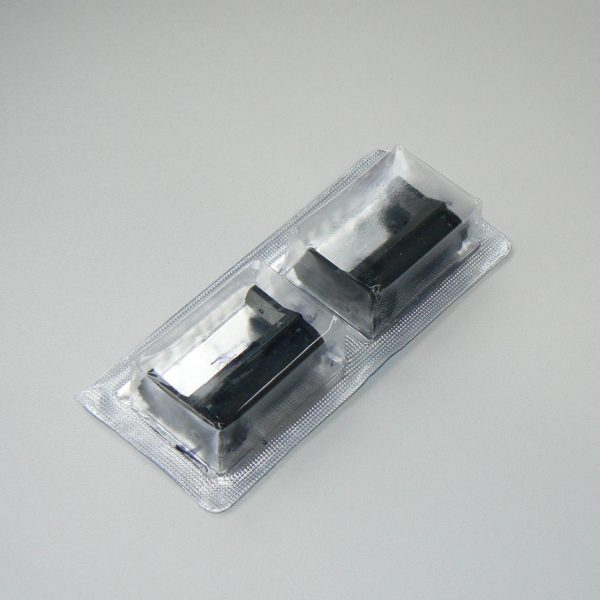
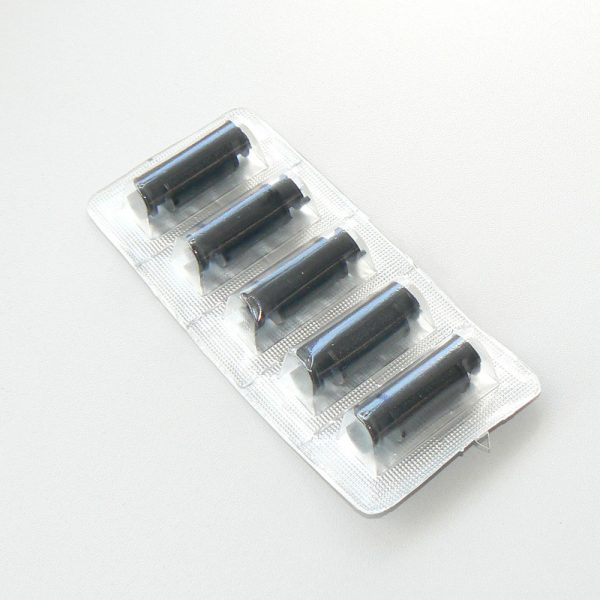

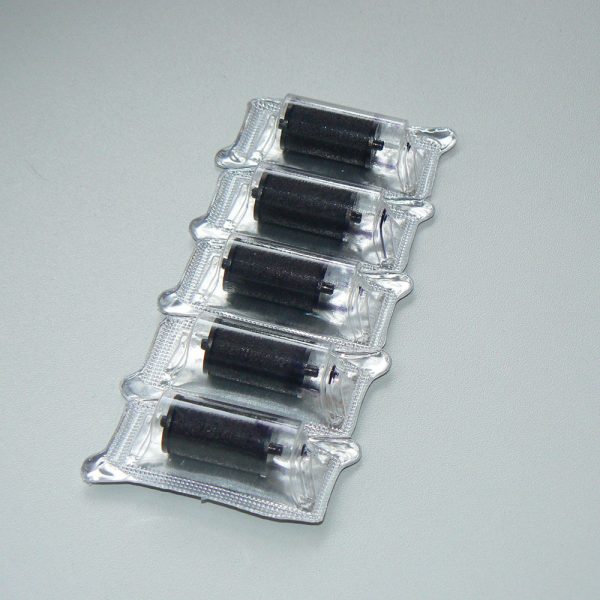
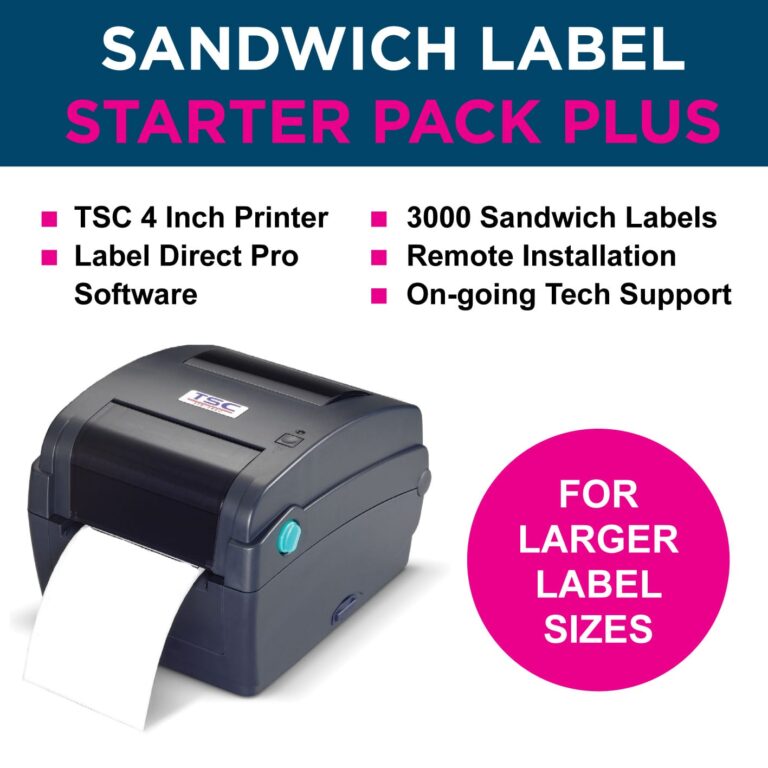
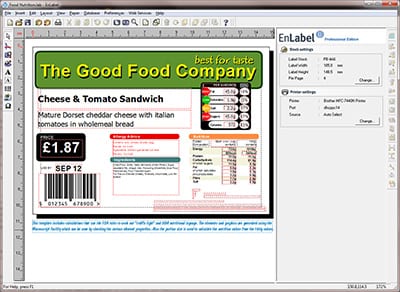
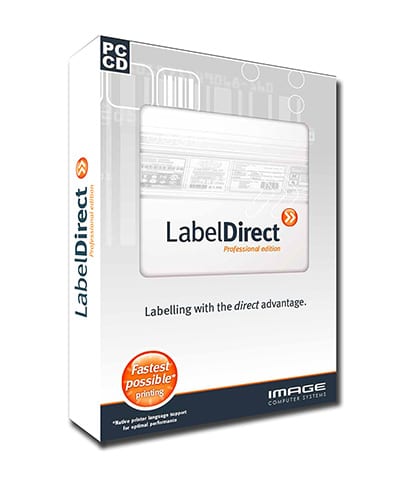
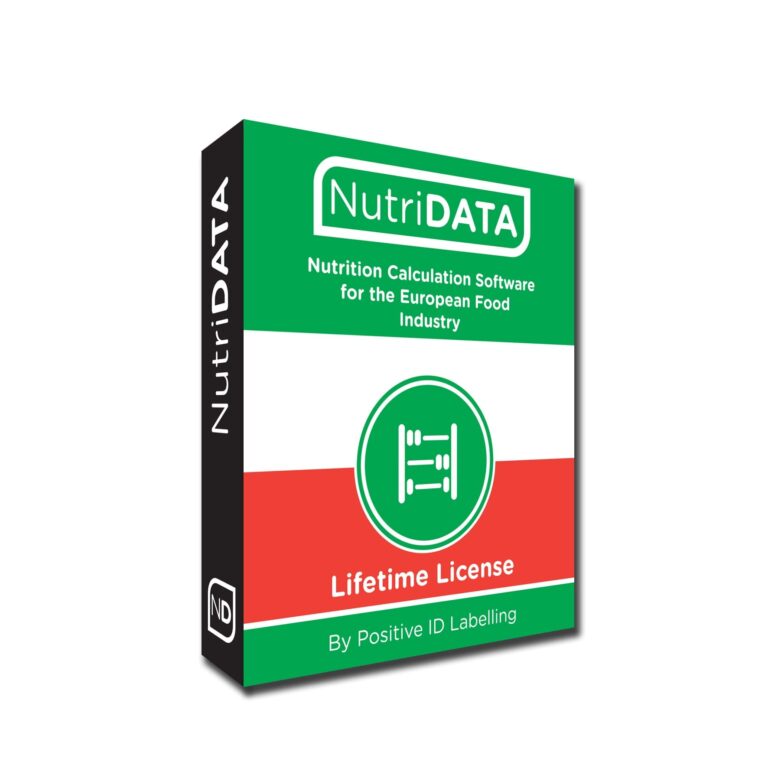



 Advanced encryption keeps your data safe and secure
Advanced encryption keeps your data safe and secure